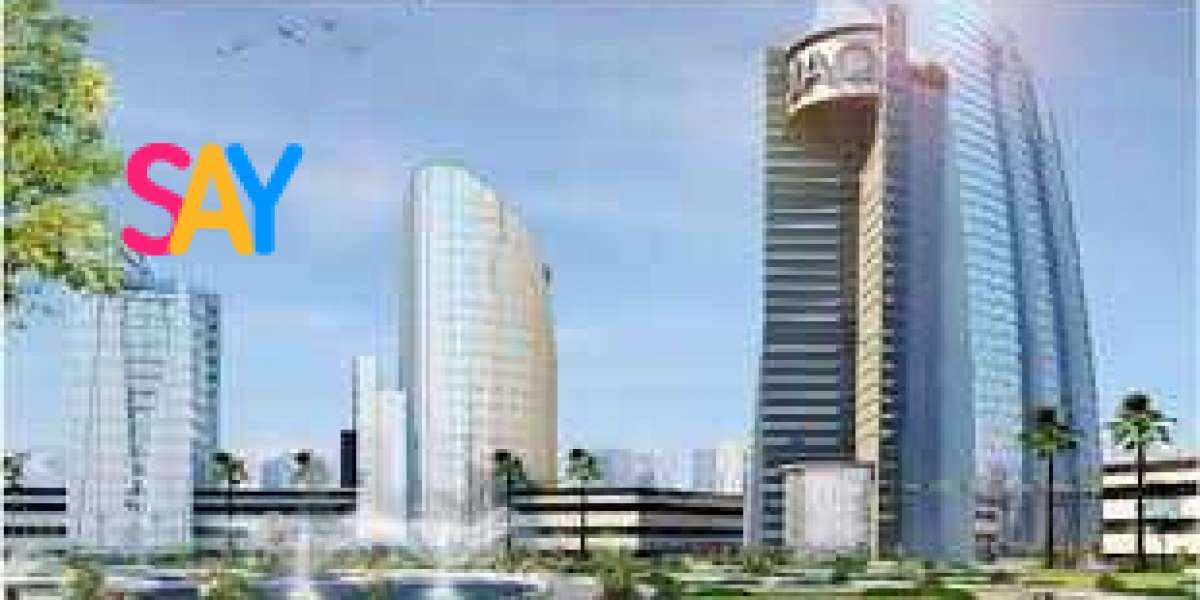Qatar’s economy has undergone significant transformation in recent years, driven by strategic diversification efforts and large-scale infrastructure projects. As the country moves toward becoming a knowledge-based economy, the demand for office space has surged across various sectors. Understanding which industries are driving this demand is essential for real estate developers, investors, and businesses looking to establish or expand their presence in Qatar. Below, we explore the economic sectors that are fueling the highest demand for office space for rent in the country.
1. Oil and Gas
Despite Qatar’s efforts to diversify its economy, the oil and gas sector remains a cornerstone of its economic activity. Companies involved in exploration, production, refining, and distribution require office spaces to house their administrative, technical, and operational teams. Major players like Qatar Petroleum and its subsidiaries often lease large office spaces in prime locations such as West Bay and Lusail to support their operations.
Additionally, the sector’s reliance on international partnerships and joint ventures has led to the establishment of regional offices by global energy companies, further boosting demand for high-quality office spaces. The oil and gas sector’s ongoing projects and investments ensure a steady demand for office rentals.
2. Financial Services
Qatar’s financial services sector has experienced robust growth, driven by the country’s vision to become a regional financial hub. Banks, insurance companies, investment firms, and fintech startups are among the key players driving demand for luxury offices for rent in Qatar. Areas like West Bay and Pearl-Qatar are particularly popular due to their proximity to business districts and regulatory institutions.
The Qatar Financial Centre (QFC) has played a significant role in attracting international financial institutions, creating a steady demand for office spaces that meet global standards. The sector’s growth is further supported by government initiatives to promote Islamic finance and digital banking, which require modern office spaces equipped with advanced technology.
3. Construction and Real Estate
The construction and real estate sector is a major contributor to Qatar’s economy, driven by large-scale infrastructure projects and urban development initiatives. Companies involved in construction, engineering, architecture, and property development require office spaces to manage their operations, design projects, and coordinate with stakeholders.
The demand for office space in this sector is particularly high in areas close to major construction sites, such as Lusail City and Al Waab. Additionally, real estate agencies and property management firms are expanding their presence, further driving demand for office rentals. The sector’s growth is expected to continue as Qatar prepares for future mega-events and urban development projects.
4. Technology and Innovation
Qatar’s focus on becoming a knowledge-based economy has led to significant growth in the technology and innovation sector. Startups, IT companies, and research institutions are increasingly seeking office spaces in innovation hubs and free zones, such as the Qatar Science Technology Park (QSTP) and the Free Zones Authority.
These spaces often come with state-of-the-art infrastructure and support services, making them attractive to tech companies. The rise of digital transformation initiatives across various industries has also contributed to the demand for office spaces that can accommodate tech-driven operations. The technology sector’s rapid growth ensures a sustained demand for modern and flexible office spaces.
5. Healthcare and Education
The healthcare and education sectors have seen substantial growth, driven by government investments and the need to support Qatar’s growing population. Hospitals, clinics, pharmaceutical companies, and medical research institutions require office spaces for administrative functions, patient services, and research activities.
Similarly, educational institutions, including universities, training centers, and online education providers, are expanding their operations, creating demand for office spaces that can accommodate administrative staff, faculty, and students. Areas like Education City and Al Rayyan are particularly popular for these sectors. The government’s focus on improving healthcare and education infrastructure ensures continued demand for office rentals in these fields.
6. Tourism and Hospitality
Qatar’s tourism and hospitality sector has experienced significant growth, particularly in the lead-up to and following major events like the FIFA World Cup 2022. Hotels, travel agencies, event management companies, and tourism boards require office spaces to manage their operations and coordinate with international partners.
The sector’s demand for office space is concentrated in areas like West Bay, The Pearl-Qatar, and Msheireb Downtown Doha, which are close to key tourist attractions and business hubs. The government’s efforts to promote Qatar as a global tourism destination ensure sustained demand for office rentals in this sector.
7. Legal and Professional Services
The growth of Qatar’s economy has led to an increase in demand for legal, consulting, and professional services. Law firms, accounting agencies, management consultancies, and marketing companies are among the key players driving demand for office spaces. These businesses often seek premium office spaces in central locations to project a professional image and facilitate client meetings.
8. Logistics and Trade
Qatar’s strategic location and world-class infrastructure, including Hamad Port and Hamad International Airport, have positioned it as a regional logistics and trade hub. Companies involved in logistics, supply chain management, and international trade require office spaces to manage their operations and coordinate with global partners. The demand for office space in this sector is particularly high in areas close to transportation hubs and free zones.
Conclusion
The demand for office space for rent in Qatar is driven by a diverse range of economic sectors, reflecting the country’s economic diversification and growth. The oil and gas, financial services, construction, technology, healthcare, education, tourism, legal, and logistics sectors are among the key drivers of this demand. Each sector has unique requirements, influencing the location, size, and type of office spaces sought.




